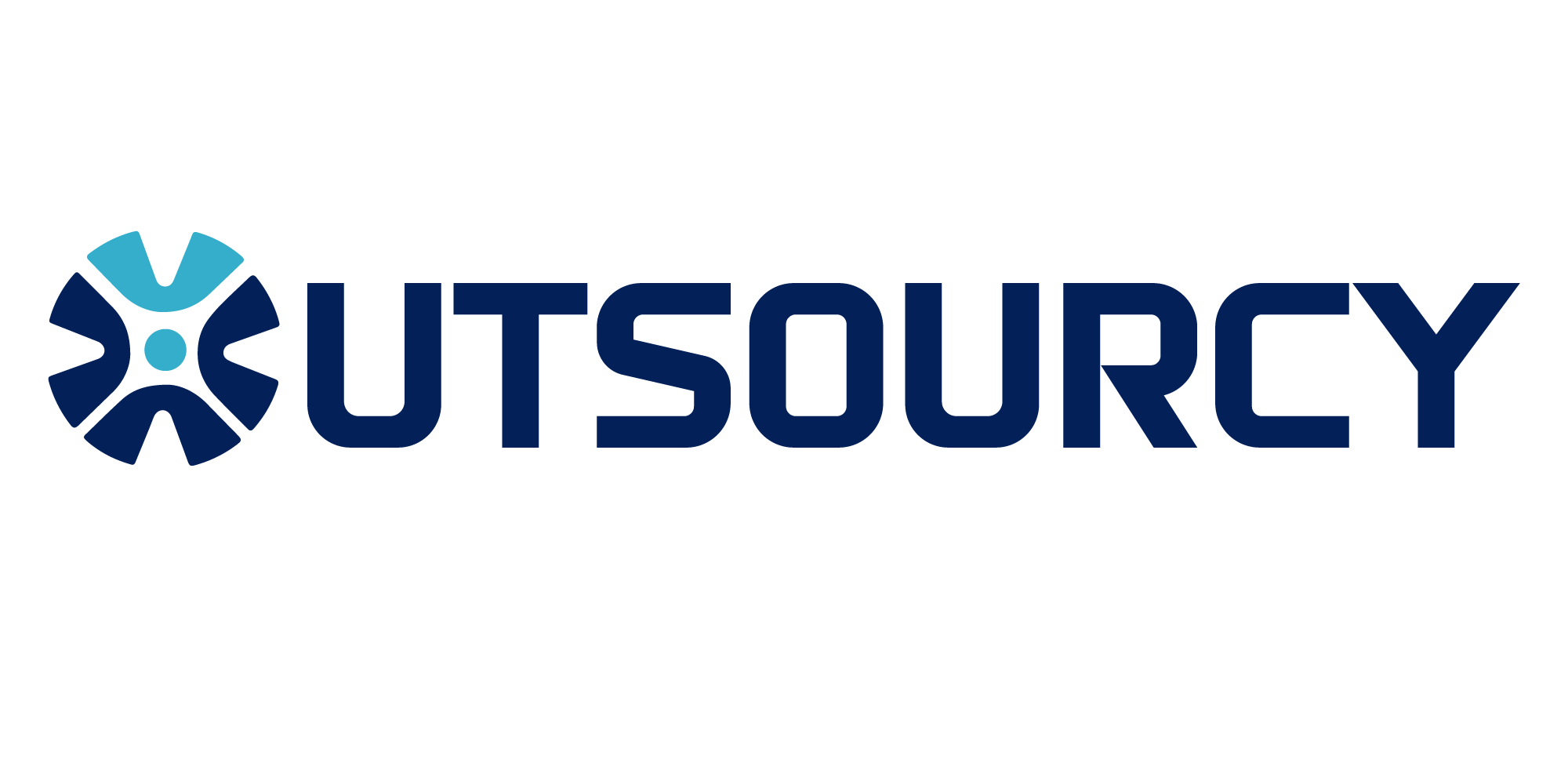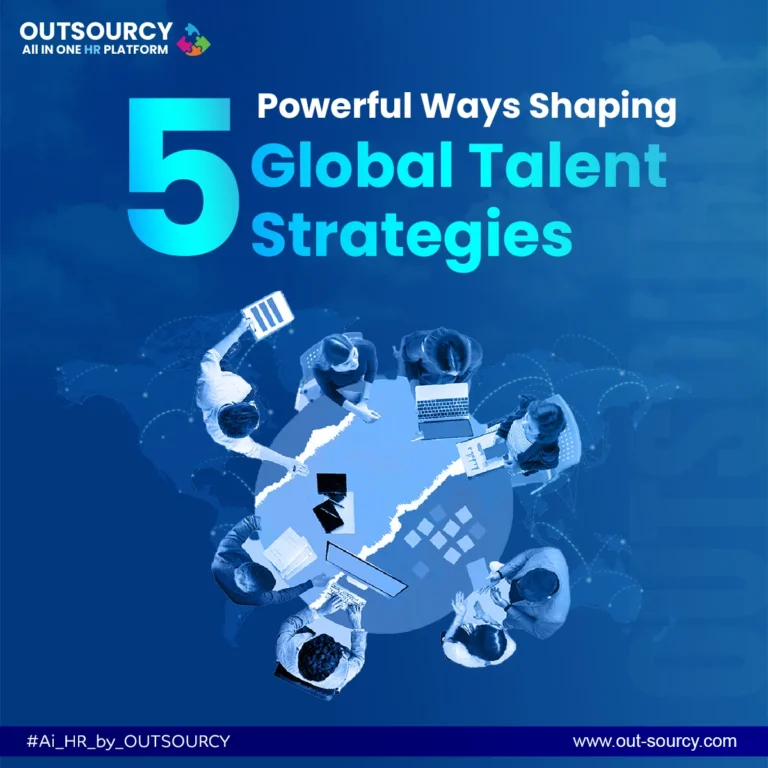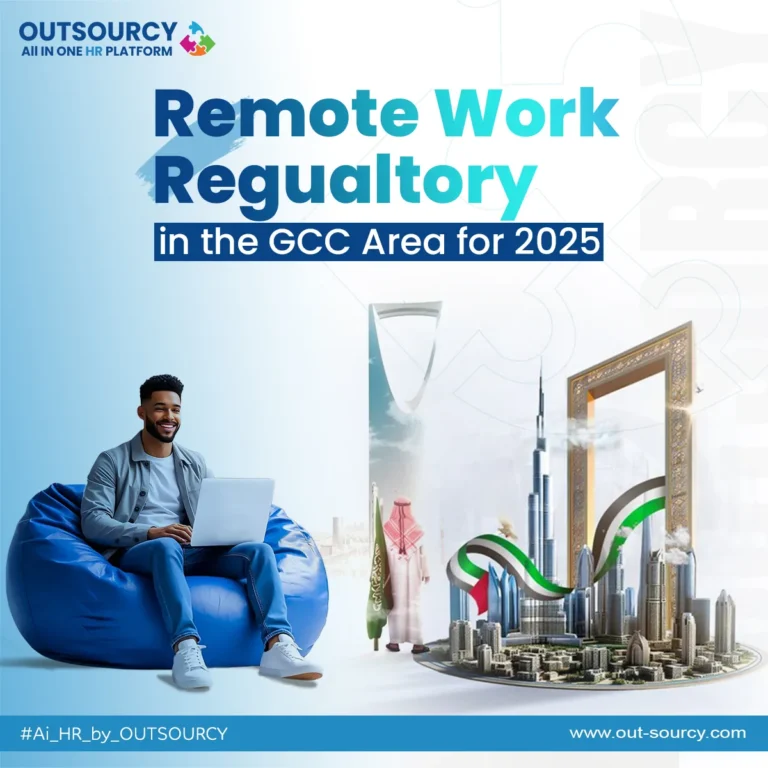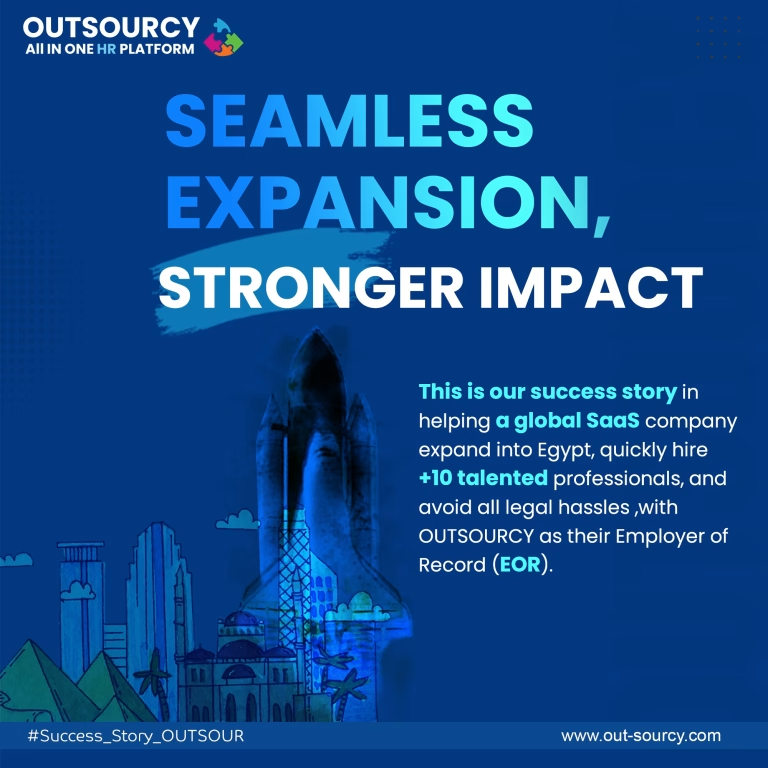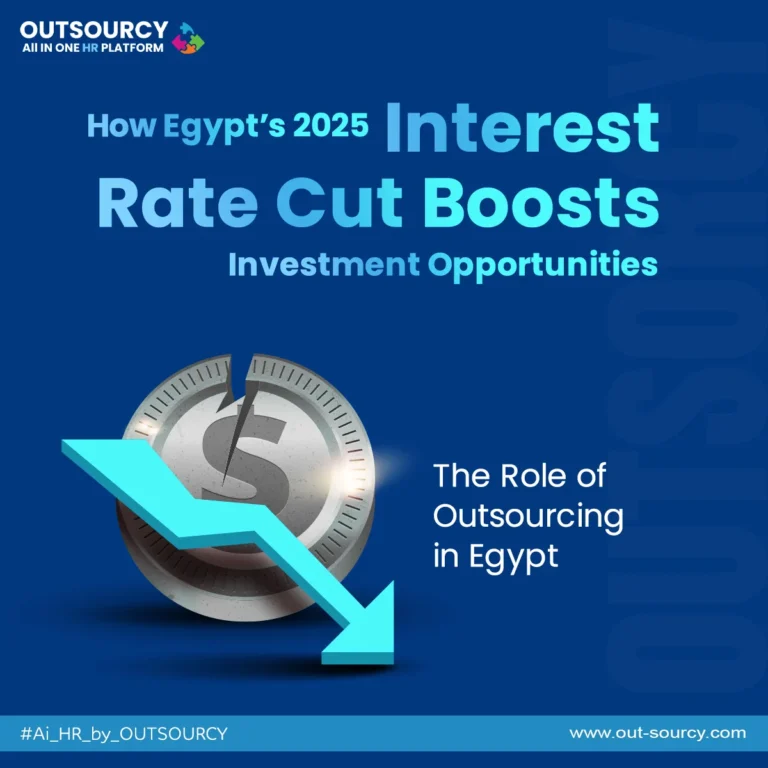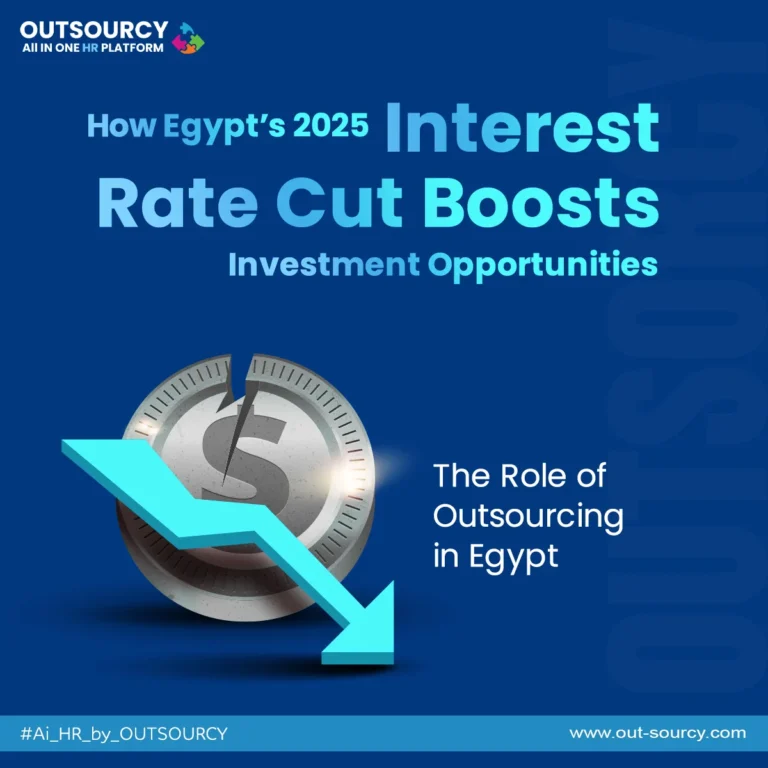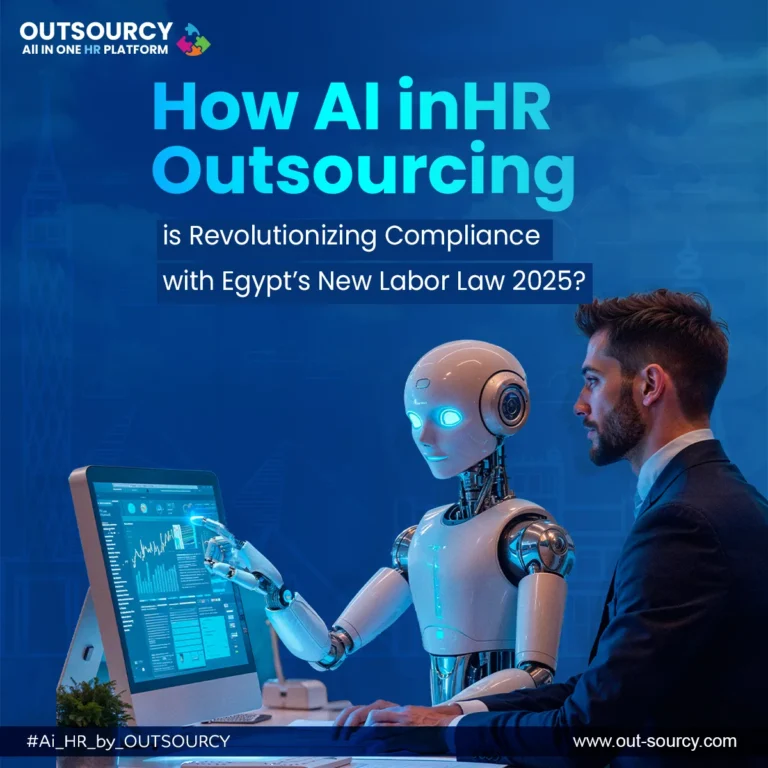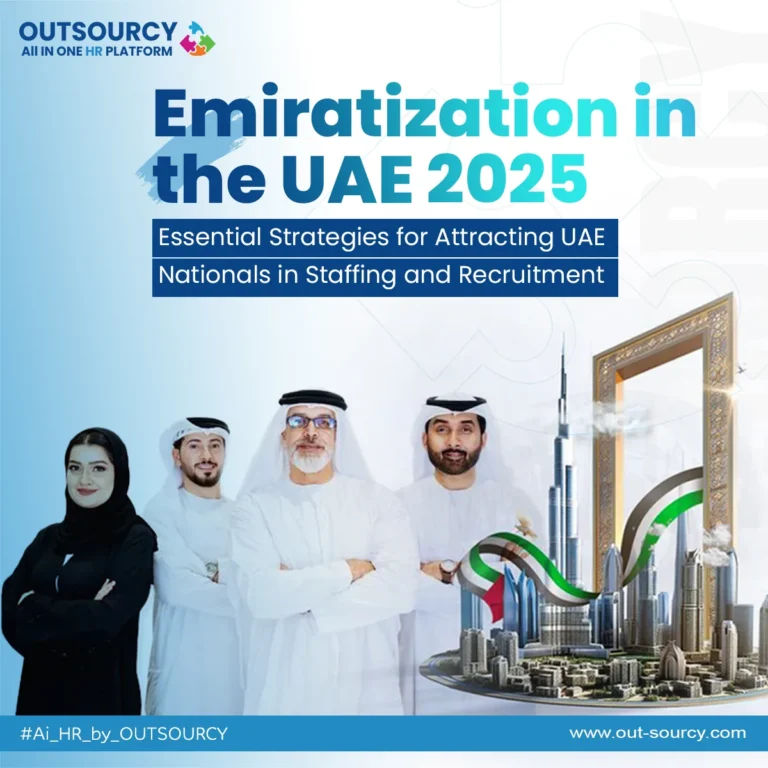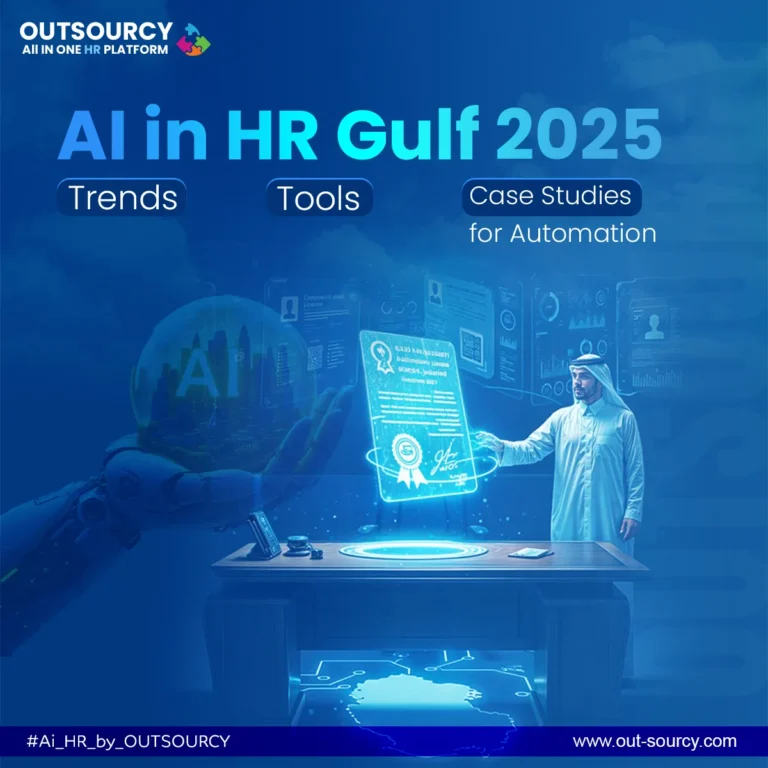The Middle East, particularly the Gulf Cooperation Council (GCC) region, is a dynamic force in the global economy, influencing international recruitment MENA strategies.
With economic diversification, technological advancements, and a surge in demand for specialized talent, the region is reshaping how businesses worldwide approach hiring.
This article provides a detailed analysis of Middle East recruitment trends, supported by data from credible sources, actionable insights, and external links to help businesses navigate the evolving
HR strategy GCC landscape.
We also highlight how OUTSOURCY’s innovative solutions address recruitment challenges, ensuring success in the MENA region.
Economic Diversification Fuels Demand for Global Talent
The Middle East is transitioning from oil-dependent economies to diversified, knowledge-based hubs, driven by initiatives like Saudi Arabia’s Vision 2030 and the UAE’s Economic Vision 2030. These strategies have spurred growth in sectors such as technology, healthcare, and renewable energy. A 2024 PwC report notes that the GCC’s tech sector grew rapidly from 2020 to 2024, creating a surge in demand for roles in AI, cybersecurity, and fintech.
This economic shift has made global recruitment strategy MENA a priority. Companies are increasingly sourcing international talent to fill skill gaps, with 65% of GCC employers prioritizing global candidates for specialized roles, according to a 2023 Korn Ferry study.. For example, Saudi Arabia’s NEOM project requires expertise in smart city technologies, prompting firms to recruit from global markets to meet these demands.
Talent Scarcity and the Need for Strategic Recruitment
The GCC faces a significant talent shortage in high-demand fields. A 2024 Mercer report reveals that 40% of GCC companies struggle to find qualified local candidates for roles in data analytics and renewable energy. This scarcity has driven businesses to adopt international recruitment MENA strategies, leveraging global talent pools to meet workforce needs.
To address this, companies are partnering with HR outsourcing firms to streamline hiring. For instance, OUTSOURCY connects businesses with a network of over 50,000 skilled professionals, reducing recruitment timelines by 30%, as per a 2025 Deloitte study. These partnerships enable firms to access diverse talent while navigating the complexities of HR strategy GCC.

Navigating Cultural and Regulatory Complexities
The Middle East’s labor markets are shaped by unique cultural and regulatory frameworks. For example, Saudi Arabia’s Nitaqat program enforces local hiring quotas, while the UAE’s flexible visa policies attract expatriates. A 2024 Gulf Business report highlights that visa processing in Qatar can take up to three months for certain roles, posing challenges for rapid expansion.
Cultural alignment is equally critical. A 2023 Bayt.com survey found that 25% of expatriates leave the region within two years due to cultural misalignment. Companies must integrate cultural onboarding into their HR strategy GCC to reduce turnover and enhance employee retention, ensuring candidates align with local customs and workplace expectations.
Technology as a Game-Changer in Recruitment
Technology is revolutionizing Middle East recruitment trends. AI-driven tools and automation are streamlining candidate sourcing and screening. According to a 2025 LinkedIn report, 78% of recruiters globally use AI to enhance efficiency, a trend mirrored in the GCC. OUTSOURCY, for example, employs AI to match candidates with roles, improving hiring accuracy and speed.
Additionally, digital platforms enable real-time market analysis Gulf hiring, helping companies stay ahead of talent trends. By leveraging data analytics, firms can predict workforce needs and align recruitment strategies with market demands, ensuring a competitive edge in talent acquisition.
Sustainability and the Green Workforce: A Rising Priority
One of the fastest-growing trends in the GCC is the demand for sustainability-related roles. With billions invested in renewable energy projects and green infrastructure, the region is actively recruiting professionals in solar engineering, environmental science, and sustainable urban planning. A 2024 IRENA report highlights that the renewable energy sector in MENA could create more than 2 million jobs by 2030. Companies must now embed sustainability into their global recruitment strategy MENA, sourcing experts who can drive long-term environmental and economic transformation.
This growing emphasis on sustainability further intensifies the talent shortage, as many of these roles require global expertise. By partnering with specialized recruitment firms, organizations can bridge the gap between ambitious sustainability goals and available talent pools.

Key Challenges and Innovative Solutions
The Middle East’s recruitment landscape presents several challenges, but innovative solutions are paving the way for success:
- Visa and Compliance Issues: Complex visa regulations and labor laws, such as those outlined in the Nitaqat program, can delay hiring. OUTSOURCY’s Employer of Record (EOR) services simplify compliance, enabling companies to expand without establishing a legal entity, reducing setup time by 60%.
- High Recruitment Costs: International hiring costs in the GCC range from $5,000 to $15,000 per hire, according to a 2024 SHRM report. OUTSOURCY cuts costs by 25% through streamlined processes.
- Cultural Integration: Misaligned expectations lead to high turnover. OUTSOURCY’s tailored onboarding programs ensure expatriates adapt to the region’s cultural and professional environment.
- Talent Scarcity: The shortage of specialized skills requires global sourcing. OUTSOURCY’s vast talent network addresses this gap, offering access to professionals across industries.
These solutions demonstrate how international recruitment MENA can be optimized to overcome regional challenges, ensuring efficiency, compliance, and cultural alignment.
OUTSOURCY: Your Partner in Global Recruitment Success
OUTSOURCY is redefining HR strategy GCC by delivering innovative, tech-driven solutions tailored to the Middle East’s dynamic market. From global recruitment strategy MENA to payroll management and compliance, OUTSOURCY empowers businesses to thrive. Our EOR services enable seamless expansion into Egypt and beyond, while our AI-powered recruitment tools ensure precise candidate matching. With a proven track record of reducing hiring costs and timelines, OUTSOURCY is your trusted partner for navigating Middle East recruitment trends.
